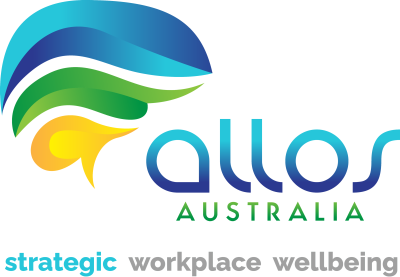Employee FAQs about EAP
Using Allos’ EAP is free for all employees. In addition, your immediate family members may also use the service free of charge. Your employer pays Allos to provide the service.
You can contact us 24 hours a day, 7 days a week; either by phone or by using the contact form on the login page of our website. Like any health-related issue, the earlier you take action, the better the outcomes. Therefore, we encourage you to make contact before symptoms reach crisis point and before they become debilitating. Of course, if you do find yourself feeling overwhelmed and debilitated, we will be there for you and we will support you in your recovery.
There are a wide variety of early warning signs that your mental health is under pressure. The most general sign is that you feel overwhelmed and as a consequence, your work or home life is being negatively affected. Some common symptoms are;
- Feeling like you can’t cope
- Feeling useless, guilty, or hopeless
- Feeling quiet and withdrawn
- Having no interest in things
- Having difficulty sleeping
- Changes in weight or appetite
- Emotional outbursts
- Feeling irritable and quick tempered
- Feeling tense and anxious
- Preoccupied with things
- Difficulty concentrating
Important: The EAP is a counselling service, not an emergency response hotline. If you, or a person you know, is injured, thinking of harming themselves, or harming others, it is important to call 000.
The purpose of EAP counselling is to provide you and your immediate family members with an opportunity to explore the issues you’re facing in a professional and confidential setting. The aim of EAP is not to make clinical diagnoses and you won’t be asked to lie down on a sofa and look at inkblots or to analyse your dreams or any of those outdated stereotypes you see on TV.
Instead, you will have an honest, solution-focused conversation which will help you to remove obstacles in your thinking and identify meaningful steps that you can take towards improving your situation. Having a good rapport with your counsellor is also very important and so we make it our priority at Allos to ensure that our counsellors are the most compassionate, empathetic and experienced in the field.
Before you arrive at your session, it is often helpful to think about how to describe what you’re feeling because that will help the counsellor help you. Once you are in the session, be open, ask questions and be an active participant. One of the most important determiners of a positive outcome is your willingness to change and your commitment to take action.
There are two ways you can access Allos’ EAP service. The simplest way is to go to the login page on our site and login using the details found on the posters around your workplace. From there you will see the ‘Online Request’ button. Simply click on it and fill in the form with as much information as you feel comfortable sharing. This system has military-grade encryption and sits directly within our protected system, so no-one else sees your communication to us. Once you submit the form we receive a notification and we will make contact with you.
The second way to contact us is to call our 24/7 triage service (the 1300 number is on posters, flyers and business cards at your workplace). When you call, you will speak to a trained triage operator whose sole responsibility is to find out some basic details and assess the acuteness of your issues. We then use these details to make contact with you.
Whether you use the online request form or the phone triage service, we will make contact with you within two business days, typically by SMS, and arrange a time to have an initial conversation over the phone. This first conversation is important because it allows us to determine the nature of your issue and which counsellor it would suit you best. E.g. relationships, childhood, work stress. We then ask the appropriate counsellor to make contact with you, and from there you begin your sessions with that counsellor. The benefit of this more thorough approach is that you won’t be bounced around from one counsellor to another. Instead, you get to have your counsellor, who understands you and works with you over time until you’re back on track.
